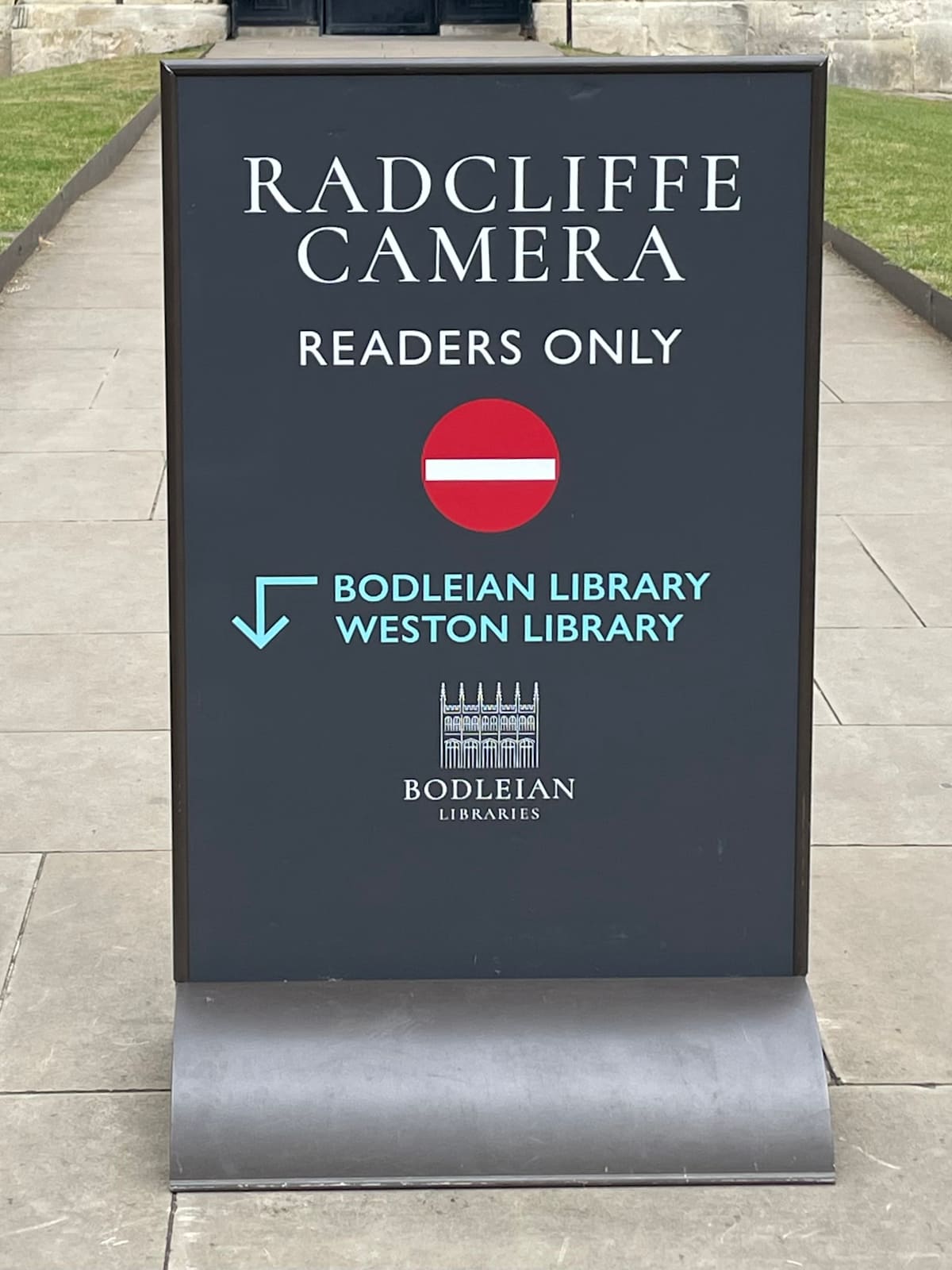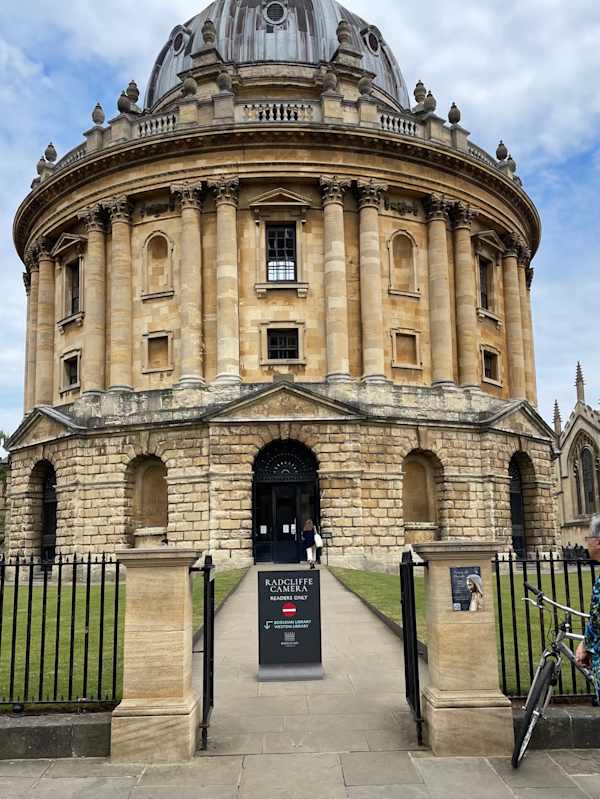I picked a bad time to become an author. At a time when it is easier than ever to write and publish (or self-publish) a book, fewer people are reading books. The law of supply and demand is working against me. Mary Harrington (more from her later) wrote that “only 54 percent of Americans read even one book in the last year.” Reading (e.g., total words) may have increased but today’s reading tends to be more digital, random, and disjointed.
I am reminded of this trend every time I get on an airplane. In days gone by, a goodly number of people would have been reading a book. Now, they are more likely scrolling away on a phone or watching a movie on a tablet. Recently an older man observed my teenage granddaughter reading a book at the beach. Apparently stunned by the rarity of the situation, he gave her $100, as something of a reward.
I must remind myself that reading books is relatively new to “mankind,” starting sometime after the invention of the printing press. Before then, reading (e.g., handwritten manuscripts) was restricted to the educated elites – during pre-democratic eras ruled by kings, czars, and dictators. Reading (deep reading) later set the stage for revolutions and democracy; and prompted the likes of Washington, Jefferson, and Madison to conjure up our Constitution.
As I was writing The Polesworth Circle: The education of William Shakespeare, I wrote about the beginning of the reading-era. One of my elite ancestors, another Robert Burdett (1507-1548), used the books that he had acquired for his library to pen a poem entitled Dyalogue defensyve for women agaynst malycyous detractoures (Act 1, Scene 1 of the book).
In The Polesworth Circle, I also wrote about the Burdett family’s support of Raphael Holinshed, the Great Chronicler (book writer) of England, Scotland, and Ireland; and Thomas Burdett’s participation in a literary salon called the Polesworth Circle. I wrote about how that literary salon educated the likes of Michael Drayton and William Shakespeare on the “trivials.” The ”trivials” (trivium), during the Middle Ages, were the lower division (i.e., grammar, logic, and rhetoric) of the seven liberal arts that defined Western Civilization.
As I was writing Sir Francis Burdett: His Last “Make Believe” Interview, I wrote about the continuation of this reading-era. I wrote about how a despondent and ignorant Sir Francis, in his early twenties, reached out for help:
“... I invited the Reverend William Bagshaw Stevens to develop a program of study for me. ... I would read and study most of the day with two others: my close friend Lord Lansdowne, who established a reading program for me, and his friend Jean-Baptiste Chevalier. ... I became smarter; Latin would roll from my lips.” ... I was exposed to more liberal thoughts. This knowledge and what I had observed during the early stages of the French Revolution butted up against my Tory-backwoods roots. I was trying to sort that out, which was making me more morose ...”.
Note how Sir Francis used books to tackle his ignorance. During the remainder of his life, during his forty plus years in the English House of Commons, he continued to sort things out – as the English moved away from an elite government, with its kings and borough mongers, to a Parliament more representative of the people. His reading helped Sir Francis reform the English House of Commons – to make it more democratic.
Other Views – From First Things
So where does this all lead? What difference does it make if people read a book – versus a bunch of disjointed texts, messages, and articles on their phones? Sure, if more people read books, they might read my books, and that would increase my royalties; but the answers to the questions above are much bigger than that. The answers impact how we think, and the governments we elect.
In the rest of this blog. I will share some of the thoughts that I gleaned from two articles in “First Things” magazine. The first article is entitled The Future of Reading, by Wessie du Toit (June/July 2025). The second article is entitled The King and the Swarm, by Mary Harrington (August/September 2025). Both authors deal with the differences between “book” and “digital” reading, and the impact of those differences on how we view our governments.
The Future of Reading
After quoting Adam Garfinkle on the loss of “deep literacy,” du Toit writes: “Intuitively, it certainly seems as though the mental powers we develop through certain kinds of reading – powers of questioning, supposing, forming connections, interrogating our own responses – are valuable for societies that aspire to self-government, and especially societies that face formidable pressures of propaganda and groupthink.”
The King and the Swarm
In her article, Harrington notes: “The end of print culture is already upon us. With its end, we are already witnessing the disintegration of modernity’s load-bearing foundations ... in the solvent bath of digital media, a process radically accelerated by the spread of AI.”
Harrington also quotes Garfinkle: “Deep reading has in large part informed our development as humans, in ways both physiological and cultural. And it is what ultimately allowed Americans to become ‘We the People,’ capable of self-government.”
Harrington then writes about the differences between print communications (e.g., books) and digital communications. The former “invites long-form linear reasoning, analytic reflection, and a deepening of felt interiority.” The latter “emphasize pattern, image, and symbolism.”
The bottom line per Harrington is that: “Digital reading is not ‘making people dumber’ in some absolute sense, just less analytic.” Digital reading filters “less for linear logic than for latent patterns.”
The Future of Book Reading and Governance
Think about the ways that the political parties try to garner our votes. Do they invite long-form linear reasoning and analytic reflection, possibly with “whitepapers” laying out their goals and plans; or do they emphasize pattern, image, and symbolism by simplistic slogans and unflattering and/or grotesque images of the opposition? They are doing the latter because it works – because we let it work.
Wessie du Toit suggests that reading may go the way of classical music ... with the educated, rooted in history, being the primary audience – maybe ten percent of the population. Others may “maintain some contact with literary culture and ideas, perhaps through audiobooks or adaptations.” Artificial Intelligence will no doubt put even more pressure on both reading and writing.
As to writing, per du Toit, “... economist and tech evangelist Tyler Cowen recently advised authors that their work should be aimed not at human readers but at artificial intelligence.” As a writer, I have no idea how to do that, maybe more short punchy sentences?
Bottomline: I challenge you to develop a reading program, much like Sir Francis did years ago. Read books to reinforce your logical brain. Read books to enhance your critical thinking. Apply the long-form linear reasoning and analytic reflection that you develop to the cultural and political issues that you encounter. Try to think critically and logically (i.e., with correct reasoning according to strict principles of validity). Demand more from those who seek your vote. Read to maintain the democracy that the deep readers of the past created for us.

